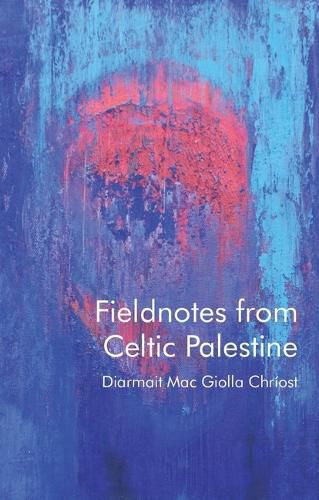Readings Newsletter
Become a Readings Member to make your shopping experience even easier.
Sign in or sign up for free!
You’re not far away from qualifying for FREE standard shipping within Australia
You’ve qualified for FREE standard shipping within Australia
The cart is loading…






Fieldnotes from Celtic Palestine embodies a new type of sociological writing that weaves ethnography with memoir as well as fusing other convention-breaking literary forms, styles and devices. In its innovative analysis of the rhetorical power of the creative works of four Celtic witnesses to the conflict in Palestine, three Irish and one Welsh, it explores how the creative practitioner may effectively engage in political persuasion and activism without compromising their art. The book also reflects upon a series of encounters in the field between the author and various individuals political prisoners, diplomats, members of terrorist organisations, members of the security services, journalists and politicians, and also ordinary people making their lives in a society profoundly shaped by brutal ethno-political occupation and conflict. Amongst these encounters is that of being served tea by the daughter of a Hamas suicide bomber, and that of being taken to Jewish settlements regarded as illegal under international law.
$9.00 standard shipping within Australia
FREE standard shipping within Australia for orders over $100.00
Express & International shipping calculated at checkout
Fieldnotes from Celtic Palestine embodies a new type of sociological writing that weaves ethnography with memoir as well as fusing other convention-breaking literary forms, styles and devices. In its innovative analysis of the rhetorical power of the creative works of four Celtic witnesses to the conflict in Palestine, three Irish and one Welsh, it explores how the creative practitioner may effectively engage in political persuasion and activism without compromising their art. The book also reflects upon a series of encounters in the field between the author and various individuals political prisoners, diplomats, members of terrorist organisations, members of the security services, journalists and politicians, and also ordinary people making their lives in a society profoundly shaped by brutal ethno-political occupation and conflict. Amongst these encounters is that of being served tea by the daughter of a Hamas suicide bomber, and that of being taken to Jewish settlements regarded as illegal under international law.